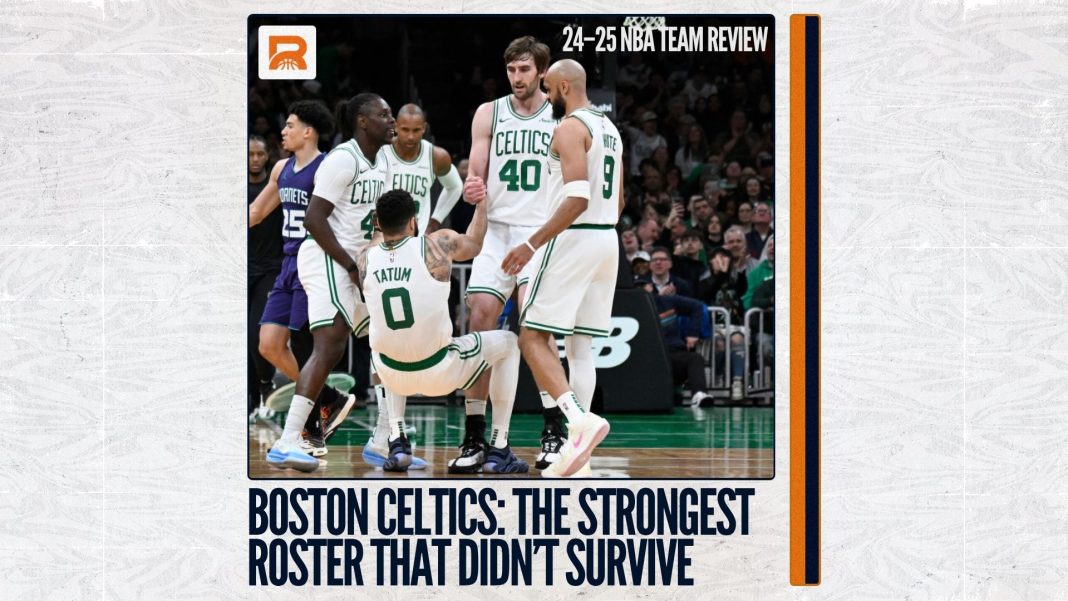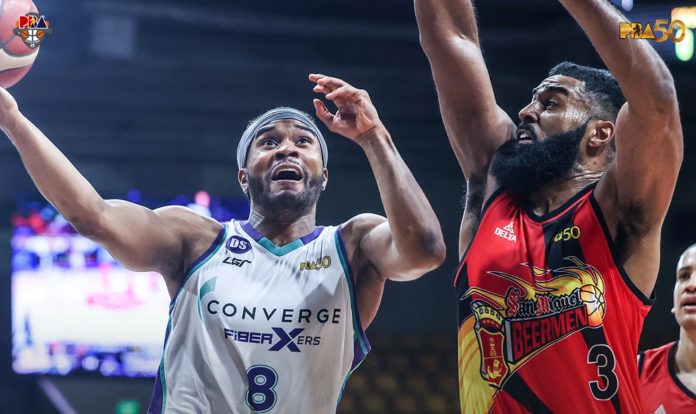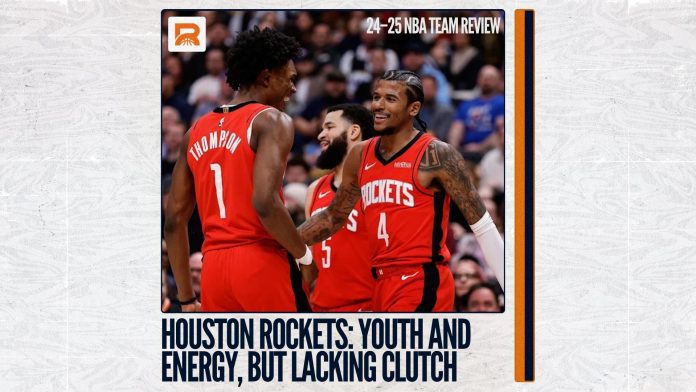The Boston Celtics’ 2024-25 NBA season was a tale of highs and lows, as they posted an impressive 61-21 regular season record, good for second in the Eastern Conference, but fell short of their goal to repeat as NBA champions, exiting in the second round of the playoffs.
The Good
Elite Regular Season Performance:
The Celtics finished with a 61-21 record (.744 winning percentage), securing the No. 2 seed in the Eastern Conference behind the Cleveland Cavaliers. This marked their third straight 60+ win season, a testament to their consistency.
They boasted a top-tier offense (No. 1 in offensive rating) and a top-10 defense (No. 8 in defensive rating), with a +11.3 net rating, third in the league. Their true shooting percentage ranked second, and they led the NBA in made three-pointers while committing the second-fewest turnovers.
The team started the season with a statement, tying an NBA record for most three-pointers made in a game on opening night against the New York Knicks, showcasing their offensive firepower.
Core Continuity and Star Power:
Boston retained all nine players who logged significant playoff minutes from their 2024 championship run, including stars Jayson Tatum, Jaylen Brown, Kristaps Porzingis, Jrue Holiday, and Derrick White. This continuity fueled their regular-season dominance.
Jayson Tatum was a standout, averaging high scoring outputs and closing the first-round series against Orlando with 36, 37, and 35 points in the final three games, proving his ability to dominate against elite defenses.
Jaylen Brown, despite playing through a partially torn meniscus late in the season, remained a reliable All-Star, and Derrick White’s scalability as a two-way guard bolstered the team.
Payton Pritchard’s Breakout:
Payton Pritchard emerged as one of the NBA’s top reserves, winning the 2024-25 Sixth Man of the Year award. He averaged 14.3 points, 3.8 rebounds, 3.5 assists, and 3.2 three-pointers in 28.4 minutes across 80 games, providing a critical spark off the bench.
First-Round Playoff Success:
The Celtics dispatched the No. 7-seeded Orlando Magic in five games in the first round, leveraging their experience and offensive versatility. Despite Tatum missing Game 2, their depth and talent overwhelmed a Magic team hampered by injuries to key players like Jalen Suggs.
Resilience Despite Early Injuries:
The team managed a 10-3 start despite Kristaps Porzingis missing the early season due to offseason leg surgery. Their ability to maintain a 58-game win pace even during shooting slumps and injuries highlighted their depth and coaching.
Joe Mazzulla’s Coaching:
Coach Joe Mazzulla’s system, emphasizing high-volume three-point shooting and defensive versatility, kept Boston among the league’s elite. The team’s mathematical advantage in three-point attempts (leading the league) was a cornerstone of their success.
The Bad
Second-Round Playoff Collapse:
The Celtics were stunned in the Eastern Conference semifinals, losing to the New York Knicks in six games. This early exit was a major disappointment for a team favored to repeat as champions, especially after losing two winnable games due to poor execution and shooting.
Boston set a postseason record for missed three-pointers in the first two games against the Knicks, with a 15% underperformance in shot probability, costing them winnable games. Their over-reliance on threes, coupled with regression from their historic 2023-24 shooting accuracy, proved costly.
Jayson Tatum’s Injury and Playoff Struggles:
Tatum suffered a season-ending Achilles tendon tear in Game 4 against the Knicks, a devastating blow that derailed Boston’s title hopes. His absence in Game 5 and limited effectiveness earlier in the series (1-for-9 from three in the fourth quarters of Games 1 and 2) exposed a lack of clutch performance.
Tatum’s struggles were described as a “lack of stage presence” and susceptibility to being misdirected, raising questions about his postseason leadership under pressure.
Health Issues Across the Roster:
Injuries plagued the team late in the season and into the playoffs. Jrue Holiday missed time with a shoulder injury, Jaylen Brown played through a partially torn meniscus, and Kristaps Porzingis was sidelined by illness and conditioning issues. These health concerns left Boston at less than full strength in the postseason.
Al Horford, turning 39 in June 2025, suffered a significant toe sprain in March, limiting his effectiveness and raising questions about his future.
Offensive Stagnation and Lack of Diversity:
The Celtics’ offense became overly reliant on three-point shooting, ranking 29th in ball movement and 30th in player movement, down from 17th and 24th the previous season. This predictability was exploited by the Knicks’ resilient defense, led by Jalen Brunson.
Their isolation-heavy style (fourth-highest frequency) and low assist percentage (23rd in the league) limited their ability to adapt when shots weren’t falling, a recurring issue in high-stakes playoff moments.
Financial and Roster Challenges:
Boston’s roster, the most expensive in the league, was roughly $20 million over the second apron, leading to a hefty luxury tax bill and trade restrictions. This financial burden sparked rumors of potential trades involving Jrue Holiday, Kristaps Porzingis, or Sam Hauser to shed salary, especially with Tatum likely missing most of 2025-26.
The team’s bench, while bolstered by Pritchard, lacked consistent contributors, with rookies Baylor Scheierman and Anton Watson seeing limited roles and veterans like Luke Kornet offering sporadic impact.
Failure to Repeat as Champions:
As defending champions, the Celtics aimed to become the first team since the 2017-18 Warriors to repeat, but their second-round exit marked a failure to capitalize on their talent and experience. This was especially stark given the East’s relative weakness after Milwaukee’s first-round elimination.







